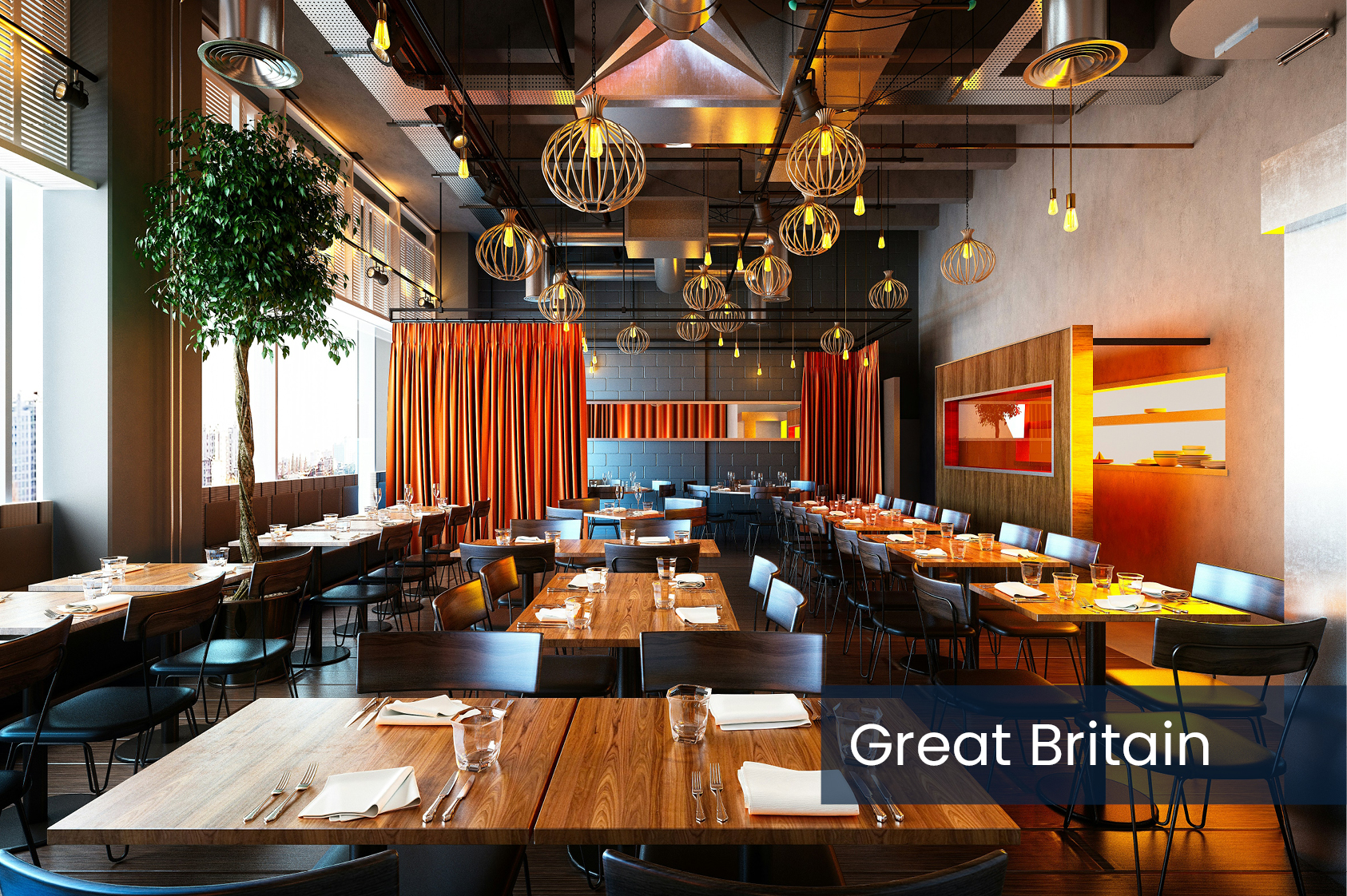
In such a challenging and competitive environment, it’s perhaps no surprise that sustainability has slipped down leaders’ lists of priorities. CGA by NIQ’s 2025 Business Leaders’ Survey found that only 28% of operators had invested in becoming more sustainable in the last two years—barely half the number who said they had done so in the 2024 survey.
There are clearly plenty of other issues demanding leaders’ attention. Revenue is down year-on-year for many operators, and nearly a third have seen profits fall too. Rising costs, especially through increases in National Minimum and Living Wage levels and National Insurance contributions, are exacerbating the financial strain, and more than half of operators now have less than six months of cash reserves to draw on.
Meanwhile, the Hospitality Business Tracker with RSM has indicated broadly flat sales for managed groups, and the Hospitality Market Monitor with AlixPartners has shown a steady stream of closures of licensed premises. All this has pushed leaders’ confidence down to some of the lowest levels since the COVID-19 pandemic decimated trading. It has also scaled back their ability to invest in all aspects of their businesses.
Time for a rethink?
Leaders are well aware that action on sustainability is in danger of being left behind. Only 13% say it is a concern for their business in the next 12 months. More than nine in ten think their efforts to reduce their carbon footprint are behind the market (22%) or only in line with it (71%), with just 7% believing they are ahead of the game.
However, neglecting sustainability can be a big business risk. Our research consistently shows that consumers—and younger adults in particular—demand good practice on environmental issues. As the climate crisis grows, all brands are under pressure to demonstrate their green credentials.
There are big commercial as well as ethical reasons to act. More than a third (36%) of consumers say they would be less likely to visit a venue or buy a brand if they discovered it was not sustainable, while 31% would be less likely to recommend it to others, and 26% would look for a sustainable alternative. Brands that fall behind the curve on environmental issues risk falling out of favour.
How to engage
But engaging consumers on sustainability isn’t straightforward. Our research shows that more than half of consumers think fundamentals of good practice like recycled and recyclable materials (53%), locally sourced products (52%) and waste reduction initiatives contribute to a reputation for sustainability. But there is a long tail of other considerations, like energy-efficient practices (41%), seasonal produce (38%), social responsibility (32%), recognised certification (31%) and more. It can be a daunting list of actions.
Things are further complicated by the wide variation in people’s levels of engagement. Our research breaks down consumers into four distinct types—sustainability activists, sceptics, pessimists and opportunists—and they all have different attitudes and priorities. For example, activists are more likely to make greener choices if it’s easier for them to do so, while trust is a top priority for sceptics, and pessimists often need financial incentives.
For all these groups, a dual approach of marketing and education is needed. The language of communications is important too, and our data shows more easily understood terms like ‘recycled’, ‘free trade’, ‘zero waste’ and ‘organic’ are more likely to drive people’s decisions than the technical language of ‘renewable,’ ‘carbon neutral’ or ‘net zero’.
Businesses also need to overcome cynicism among consumers, who are wary of greenwashing or bold claims. Nearly half (47%) think businesses invest in sustainability to enhance their brand image—more than those who think they do so to reduce environmental impact (45%). Ultimately, many consumers support actions that are good for the planet—but they also want those changes to be good for themselves.
Where suppliers come in
Suppliers have two big reasons to play a part in sustainability. The first is on the consumer side, because in people’s minds, suppliers’ practices are nearly as important as those of venues: 47% think operators are very responsible for ensuring sustainability out-of-home, while 43% say the same about suppliers. These numbers are even higher among the cohort of sustainability activists, who are scrutinising brands’ practices very closely.
The second reason is that suppliers who support venues’ efforts on sustainability—by providing environmentally-friendly brand messaging or reinforcing the education of guests—can get a head start on rivals. However, it’s worth noting that only 11% of business leaders are willing to pay extra prices for good sustainability practice from their suppliers—a sharp drop from 25% in 2024. Brands are going to have to find ways to support their partners’ green strategies without charging a premium.
There’s one final commercial imperative for everyone to reprioritise sustainability: the impact of the fast-changing climate on sales. Our trading data shows how sales dip on days with extremes in weather, like Storm Eunice and the heatwave of 2022. Volatile weather is also affecting the production of essential commodities and drives up foodservice inflation. Without concerted action, these challenges will only become more severe.
CGA by NIQ provides a best-in-class suite of research to help On Premise stakeholders understand the latest industry trends. It delivers in-depth analysis of channels, occasions, segments, pricing and much more, with bespoke brand level views for supporting individual strategies. For more information, Contact CGA by NIQ Experts here.



